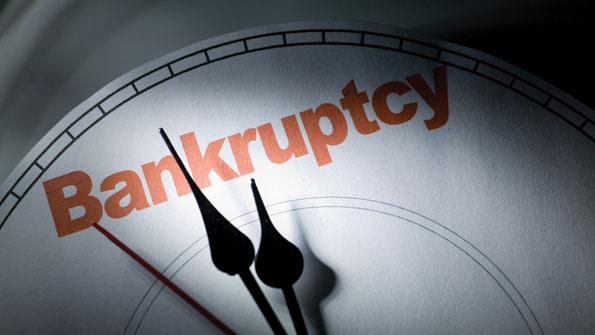Central Falls, R.I., bankruptcy plan approved
Central Falls, R.I., began exiting bankruptcy with court approval of a plan to balance the city’s budget that protects bondholders but will cost more for taxpayers, employees and retirees. The five-year plan approved Sept. 6 raises taxes, cuts city workers and retiree pensions, and revises labor contracts, according to Reuters.
The plan approved in federal bankruptcy court in Providence ensures that the city’s bondholders will get paid and may let them recover legal fees. It also allows investors to put liens on city tax revenue.
The financial plan includes annual 4 percent property tax increases through its expiration in 2017. About 50 city jobs will be cut, and pensions will be cut as much as 55 percent for 133 municipal retirees. Current city employees agreed to a new contract with lower benefits.
Approval of the financial plan allows a state-appointed receiver, who controls Central Falls’ finances, to begin settling creditors’ claims. Elected officials could regain control as early as January, but only if they certify to the court that they are following the financial plan. The city of about 19,400 residents is more than $27 million in debt.
Central Falls’ plan to put bondholders first differs from other local governments currently in bankruptcy. State lawmakers refused to let Jefferson County, Ala., raise taxes, and officials in Stockton, Calif., say they will seek court approval for a financial plan that includes cuts to bondholders.
Financial experts said Central Falls’ move to protect bondholders would allow the city eventually to issue bonds and borrow money. The judge in the Chapter 9 bankruptcy, filed a little over a year ago in August 2011, praised its quick resolution. It may be “the fastest case in the history of Chapter 9,” said U.S. Bankruptcy Judge Frank Bailey, according to Reuters, and could set “an example for not only Rhode Island but maybe the nation on how to run a Chapter 9.”




















